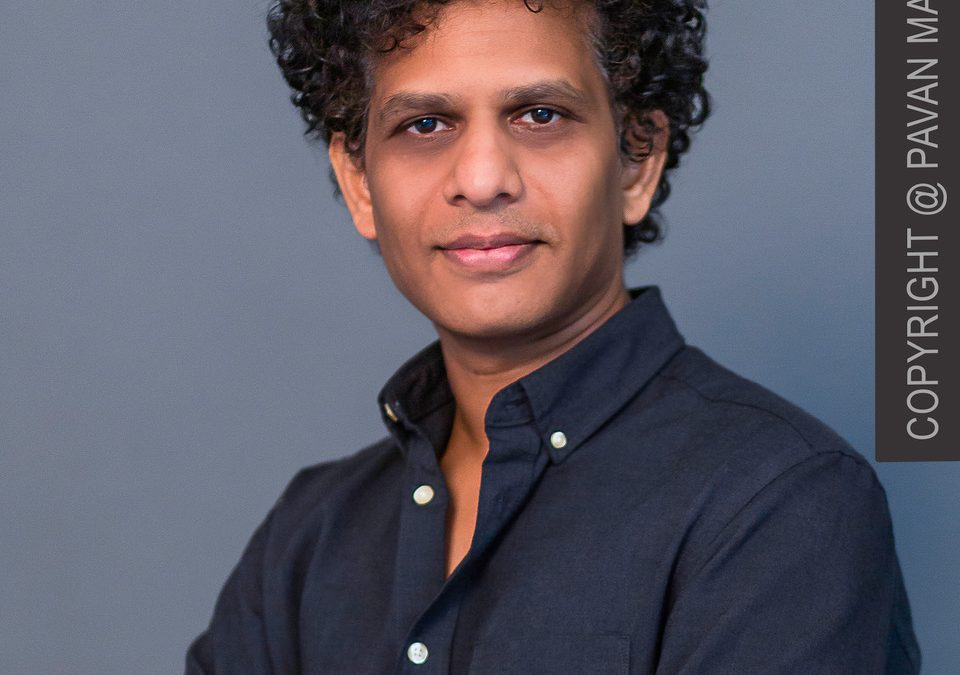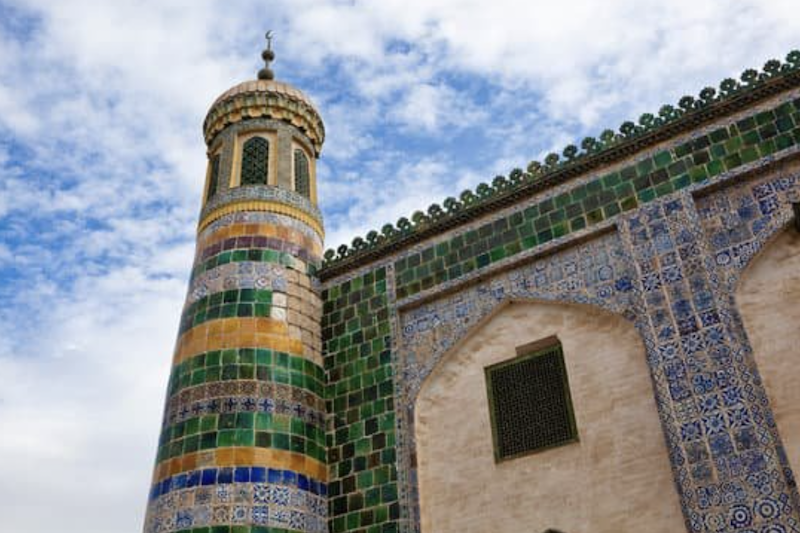Open to the NYU Abu Dhabi community and by invitation.
5th October 2023.
17.00.
A4-008, The Reading Room
With Pavan Malreddy (Goethe University Frankfurt).
Conventional debates on the figure of the migrant – in its myriad iterations as the displaced, diasporic subject, exile, refugee – have tended to focus on the process of the movement itself, the political and economic conditions that led to such movement, the egregious conditions aroused by such movement, and the trials and tribulations of the subjects who are subjected to such movement. Accordingly, the debates on migrants and moving subjects in literary studies follow a linear trajectory of the migrant figure arriving from a point of origin (typically in the global periphery) to a destination (typically the Global North). This unreflective imagination of the migrant figure has been the source of xenophobia and other cultural anxieties all over the world. This talks challenges this standardized view of the migrant as ethnocentric, nostalgic, home-bound, or obsessed with home culture and customs by arguing that – through a selection of literary and cultural productions from Asia, Africa, and the Middle East – new migrant figures do not seek to arrive from a point of origin to a point of destination. Instead, they reject the very idea of home and enter a world of liminal permenance, proclaiming their right to un-belong both from the homes they have departed from, and the destinations they have arrived at.
Pavan Malreddy born and raised in South Indian villages, teaches English Literature at Goethe University Frankfurt. He specialises in 20th and 21st century comparative Anglophone literatures & cultures with a regional focus on East Asia, Africa, and South Asia and with a thematic focus on conflicts, communal bonds, insurgencies, populism, public life and migrancy. He has authored essays on figures and themes as wide-ranging as Aung San Suu Kyi, Salman Rushdie, Franz Kafka, George Orwell, Ngũgĩ wa Thiong’o, Indian cinema, Brexit, terrorism, and the civil war in Burma, among others. He has interviewed/ hosted prominent novelists and theorists such as Abdulrazak Gurnah, Arundhati Roy, Yann Martel, Homi K. Bhabha, Mohsin Hamid, Tom McCarthy, among others. He co-edits Kairos, and serves on the advisory board of Philosophy, Politics and Critique and The Journal of Aterity Studies and World Literature, among others. His recent books include co-edited volumes Writing Brexit (2022, Routledge), Violence in South Asia (2020, Routledge), Narratives of the War on Terror (2022, Routledge) and a monograph Insurgent Cultures: World Literatures and Violence from the Global South (Cambridge University Press, 2013, in press). He is currently working on a book tentatively titled At Home on the Road.





